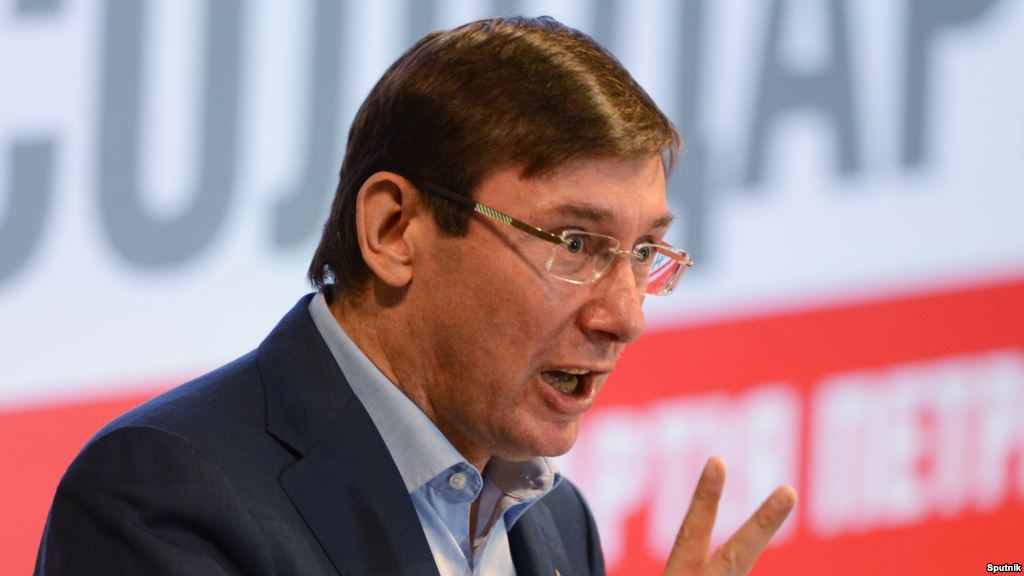Why Europeans are afraid of lifting visa for Ukrainians, and why their fears are groundless.
Fear # 1:
Actually, visa liberalization for Ukraine applies only to short-term visas (for stay in the Schengen area for up to 90 days) and does not give the right to work.There is a risk that the labor market of the European Union will be flooded by the Ukrainian workforce

Fear #2:
First of all, Ukraine is not on the list of countries generating large flows of migrants. Thus, in 2015, the largest number of asylum requests was received from migrants coming from Syria (363 thousand), Afghanistan (178 thousand), and Iraq (121 thousand). Only 21 thousand citizens or mere 0.046% of the citizens of Ukraine – the country where the war is still raging– has asked for the asylum status.Visa-free regime with Ukraine is a threat due to migration crisis in Europe and the war in Ukraine
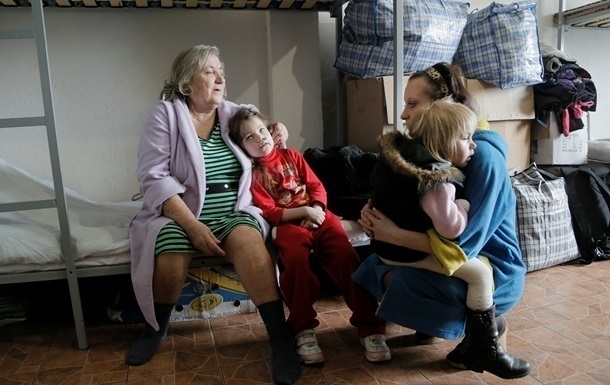
Fear # 3:
To disprove the stereotype of Ukrainians as criminals one should look at countries with large Ukrainian communities. One of them is Italy that has the largest Ukrainian community in Western Europe which formed as a result of the migration waves in the 1990s. The Ukrainian community in Italy is the fourth largest in the country after Moroccan, Albanian and Chinese. However, Ukrainians do not appear on the list of nations whose representatives are often detained because of suspicion of a crime (representatives of the Roma, Moroccan, Albanian, Tunisian and Nigerian communities rank here the highest).Migrants from Ukraine bear the threat of increasing the rate of crime in the EU member states.

Fear # 4:
The EU strategy of maximum consideration for Russia’s ‘feelings’ in decisions regarding other states did not produce any positive results. On the contrary, the attempts of Brussels and other capitals not to irritate the Kremlin have only increased the appetite of the latter.Visa-free regime with Ukraine will irritate Russia
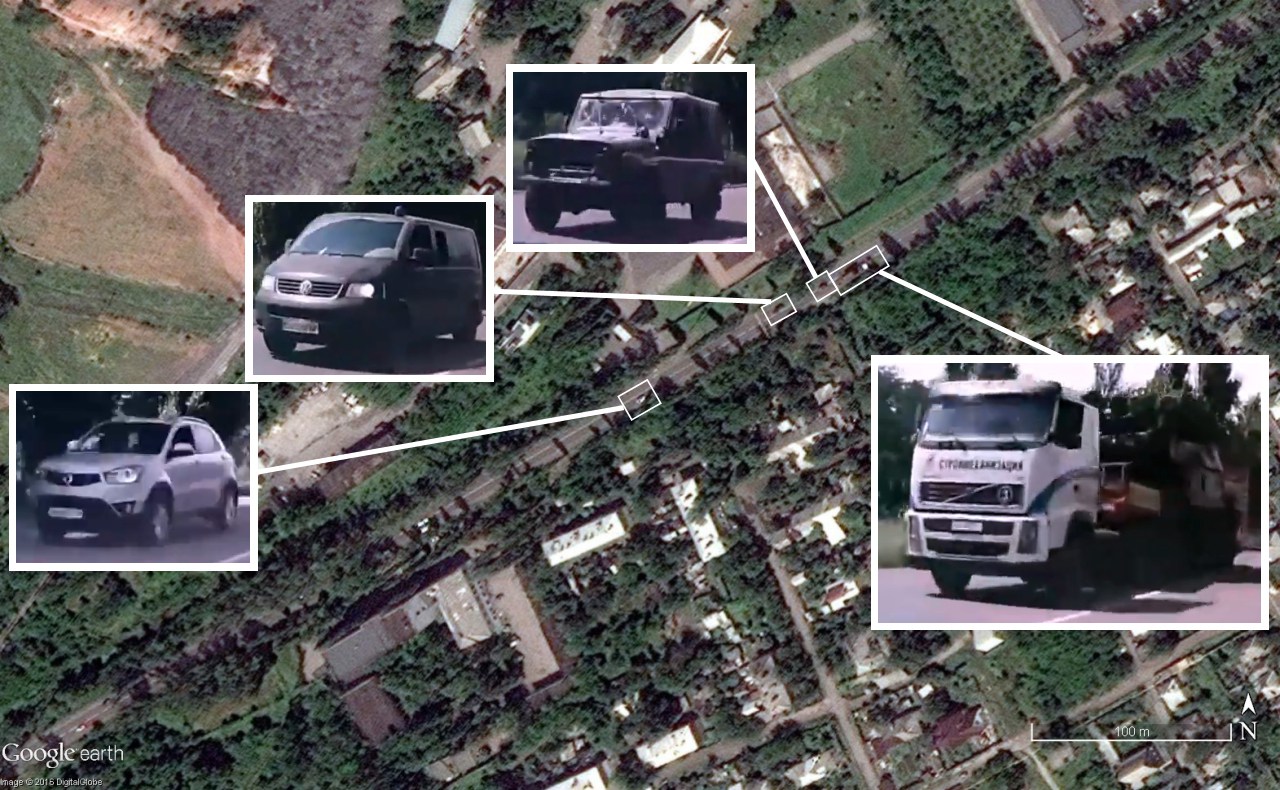
Fear # 5:
Over the past year Ukraine has done more to fight corruption than during its 25 years of independence. If there were no serious progress in this area, the issue of visa-free regime between Ukraine and the EU would not have been raised.Ukraine is a corrupt country; the Visa Liberalization Action Plan (VLAP) has not been fully implemented
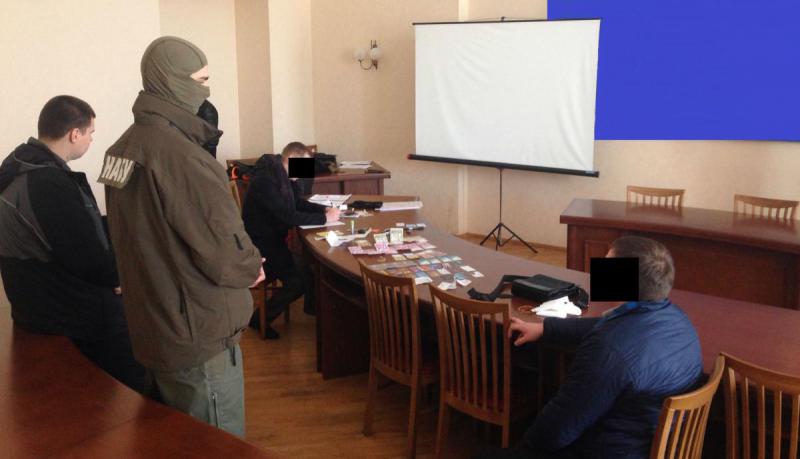
Fear #6:
The European Union has the right to introduce any new rules, including a more stringent mechanism for suspending visa-free regime, and Ukrainians understand the political importance of such changes.The abolition of visas for Ukrainians must be tied to the introduction of a new, more stringent mechanism of suspending visa-free regime
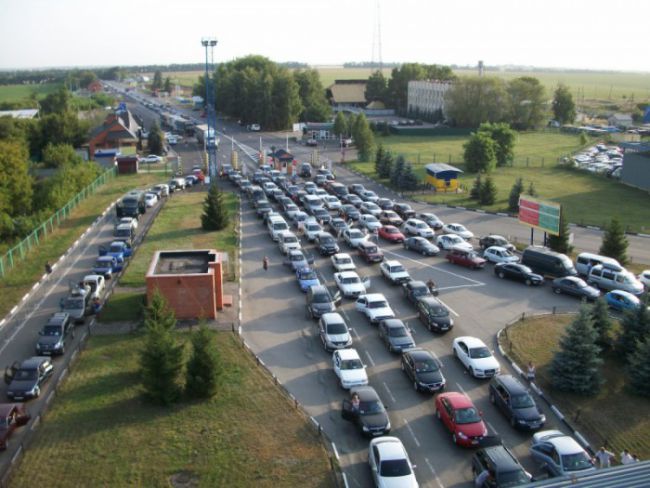
Fear # 7:
Failure or even delay in granting a visa-free regime to Ukraine might reduce the leverage of EU on the reforms implementation. If the EU postpones the decision on visa liberalization for Ukraine, it will lead to the loss of credibility of the EU as a responsible partner.Liberalization of the visa regime will negatively affect Ukraine itself, because the main lever of influence on the government concerning reform implementation will disappear
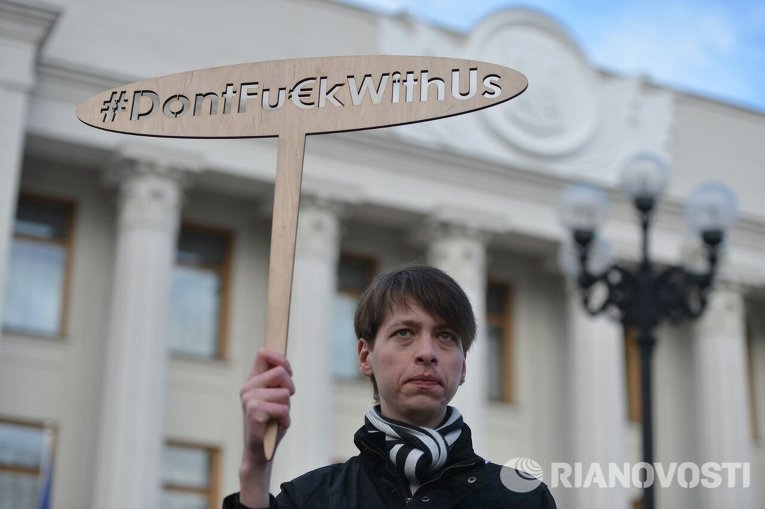
Read also: Ukrainian civic society pressures MPs to adopt EU visa-liberalization lawsThe statement concerning the loss of leverage is also incorrect, as the EU Council has already announced its intention to introduce a mechanism of post-monitoring and control over the observance of the VLAP requirements by Ukraine after the liberalization of the visa regime. Currently, under the pressure of the EU, Ukraine is introducing a system of electronic declaration of assets of public officials. The forces opposed to these reforms might use the inconsistency of the EU to postpone the introduction for an indefinite period of time. [expand title="Find out more"] The post-monitoring mechanism should encompass several levels of the EU response in case Ukraine violates the already fulfilled requirements of the VLAP - from political warning up to the suspension of the visa-free regime. However, development of the post-monitoring mechanism should not be a reason for delaying visa-free regime, because this will cause negative effects described above (loss of confidence). Other levers of influence on Ukraine with regard to reforms implementation include: the risk of reducing political contacts that are important for the Ukrainian elite and the image of Ukraine, given a complicated security situation in the region; financial support programs tied to specific reform progress (European Investment Bank loans, macro-financial aid, technical assistance, etc.). Finally, the aim of the EU is not to monitor the progress of reforms in Ukraine permanently, but to develop an influential and capable civil society. The institutes of civil society will continue to monitor the Ukrainian authorities to prevent any rollback of the reforms. The public sector also counts on further support of such initiatives by the EU: this tandem has already demonstrated its effectiveness over the past two years. Granting a visa-free regime will become a symbol of recognition of reformists’ efforts to change Ukraine. [/expand]
Fear # 8:
The areas beyond control of the Ukrainian government (parts of Donetsk and Luhansk regions and the Crimean Autonomous Republic) make up only 7% of the territory of Ukraine. In two years after the Revolution of Dignity and the beginning of the Russian aggression, Ukraine has significantly increased its military potential and reformed the police and the Border Guard Service to ensure security and reliability of its borders.Ukraine does not control a part of its territory, so there is a risk of smuggling and human trafficking through Ukraine to the EU

Fear # 9:
This myth contradicts other fears of the EU citizens. After all, if few Ukrainians have biometric passports, the influx of migrants is not to be expected. In fact, the number of Ukrainians with biometric passports is gradually increasing. The issue of the new type of passports started only in early 2015. As of April 2016, 2,26 million passports were issued, of which 1,05 million are biometric.Too few Ukrainians have biometric passports. Therefore, we can say that visa-free regime is not that important to most Ukrainians
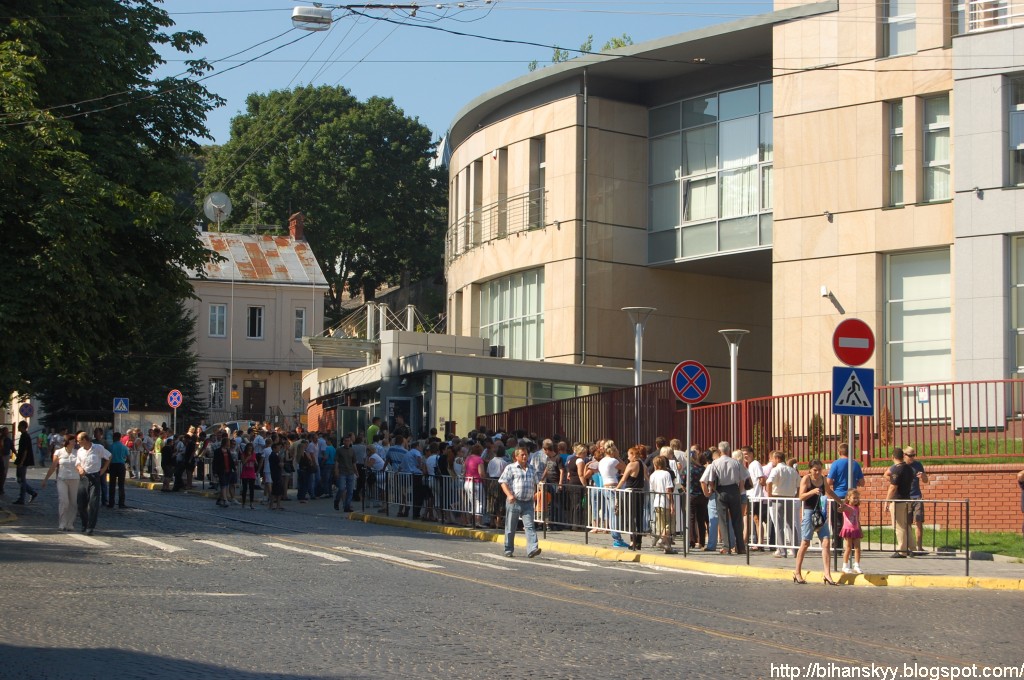
Fear #10:
Ukrainians do understand the importance of reforms and the role of their own efforts. One of the latest IWP opinion polls showed a responsible attitude of the citizens of Ukraine to the reforms. When asked “What should the government do if the EU does not give Ukraine the prospect of membership?”, the largest group of respondents - 46% - chose the option “First reforms, then talking about the EU.”Ukraine has been implementing reforms not for the sake of a visa-free regime, while now it does not understand the importance of changes and is dependent on external influence
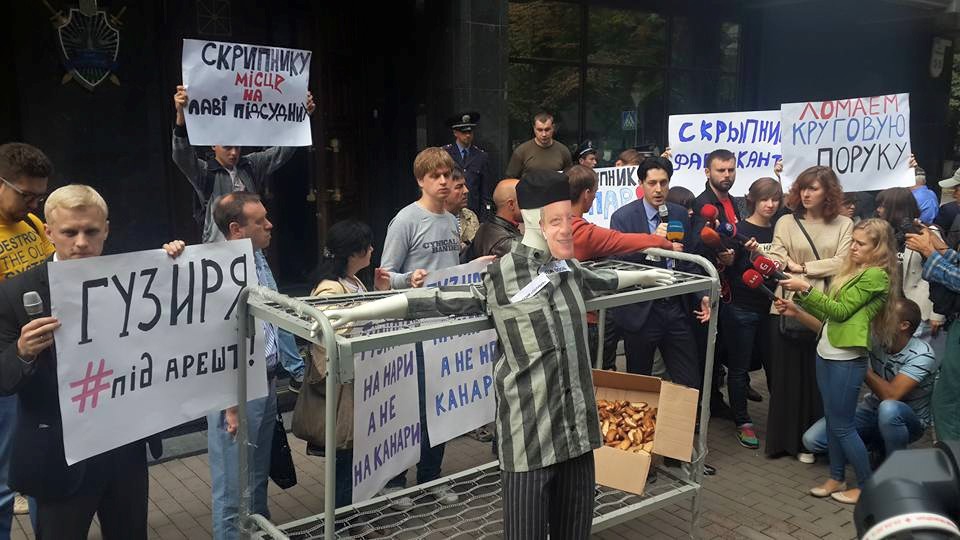
Read also: Ukraine’s civil society calls on the EU to proceed with visa liberalizationUnfortunately, there are some politicians and political groups in Ukraine opposed to the changes that threaten their wealth and income. Ignoring public support of reforms, they will use every opportunity to campaign for the rollback of these reforms. Therefore, both the general public, and the pro-European politicians need support of the EU to effectively counter populist appeals.



